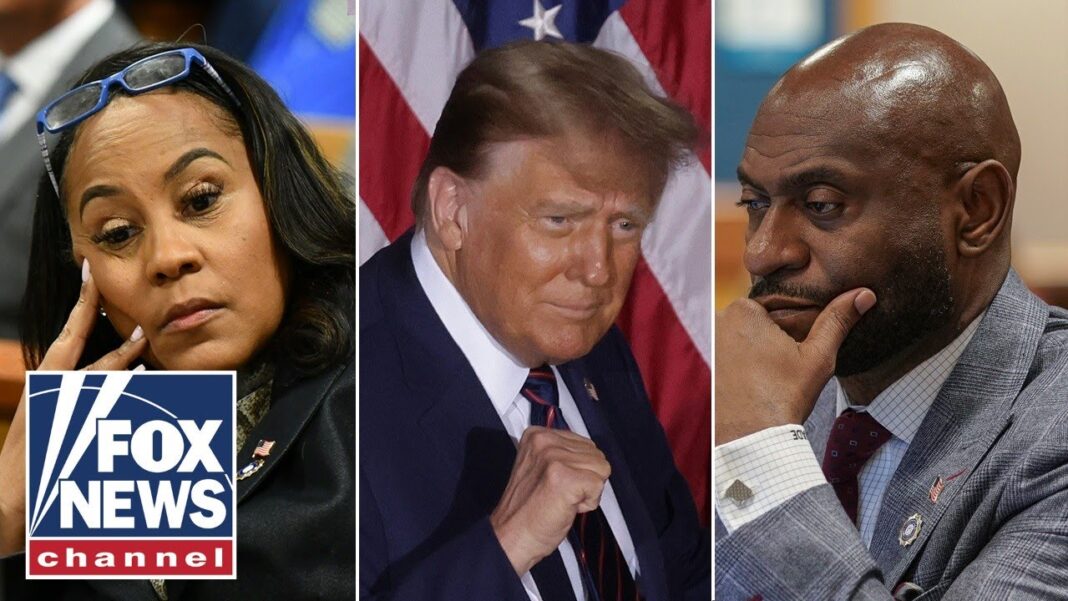
Aides kept meetings short and controlled access, top advisers acted as go-betweens and public interactions became more scripted. The administration denied Biden has declined.
During the 2020 presidential primary, Jill Biden campaigned so extensively across Iowa that she held events in more counties than her husband—a fact her press secretary at the time, Michael LaRosa, touted to a local reporter.
His superior in the Biden campaign quickly chided him. As the three rode in a minivan through the state’s cornfields, Anthony Bernal, then a deputy campaign manager and chief of staff to Jill Biden, pressed LaRosa to contact the reporter again and play down any comparison in campaign appearances between Joe Biden, then 77, and his wife, who is eight years his junior. Her energetic schedule only highlighted her husband’s more plodding pace, LaRosa recalls being told.
The message from Biden’s team was clear. “The more you talk her up, the more you make him look bad,” LaRosa said. Continue reading
The small correction foreshadowed how Biden’s closest aides and advisers would manage the limitations of the oldest president in U.S. history during his four years in office.
To adapt the White House around the needs of a diminished leader, they told visitors to keep meetings focused. Interactions with senior Democratic lawmakers and some cabinet members—including powerful secretaries such as Defense’s Lloyd Austin and Treasury’s Janet Yellen—were infrequent or grew less frequent. Some legislative leaders had a hard time getting the president’s ear at key moments, including ahead of the U.S.’s disastrous pullout from Afghanistan.
Senior advisers were often put into roles that some administration officials and lawmakers thought Biden should occupy, with people such as National Security Adviser Jake Sullivan, senior counselor Steve Ricchetti and National Economic Council head Lael Brainard and her predecessor frequently in the position of being go-betweens for the president.
Press aides who compiled packages of news clips for Biden were told by senior staff to exclude negative stories about the president. The president wasn’t talking to his own pollsters as surveys showed him trailing in the 2024 race.
Story by Annie Linskey, Rebecca Ballhaus, Emily Glazer, Siobhan Hughes





